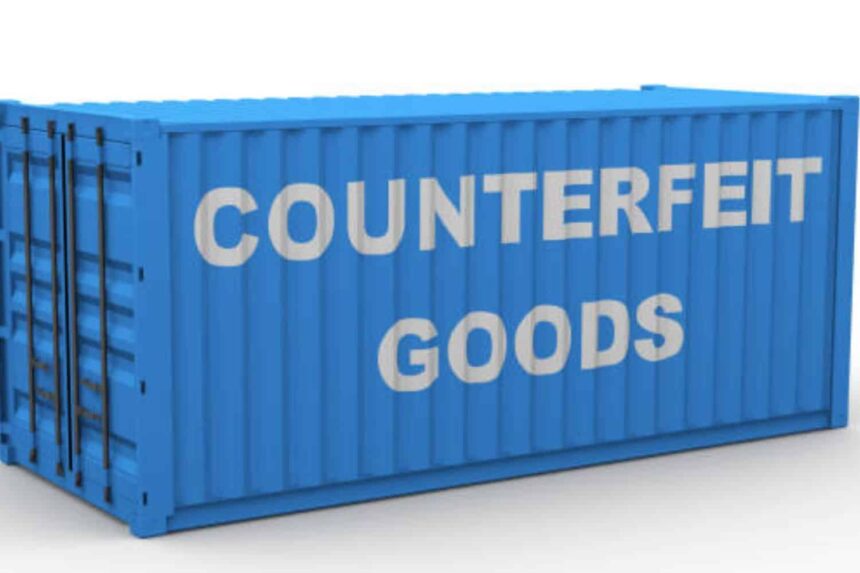Consumer Vulnerability at the Core of the Counterfeit Goods Issue
A recent operation conducted by the Provincial Illicit and Counterfeit Goods Unit in Gauteng led to the seizure of 1,059 honey-based syrups and 388 honey products. Agriculture Minister John Steenhuisen commended the Directorate for Inspection Services within the Department of Agriculture, Land Reform, and Rural Development for their efforts in removing falsely labelled products from retail outlets.
Two wholesalers involved in the counterfeiting activities were fined R1,500 each by the South African Police Service for improper labelling. The primary concern surrounding these incorrectly labelled products is consumer vulnerability. Shoppers often purchase items under the misconception that they are acquiring health-beneficial products, putting their well-being at risk.
This issue is particularly concerning for vulnerable populations, especially those managing chronic conditions like diabetes. The country has also faced numerous food poisoning cases linked to spaza shops in recent months, resulting in hundreds of children falling ill and over 20 deaths.
Operation Against Counterfeit Goods
The operation initially targeted Gauteng, with investigations conducted in Crowns Mines and Kempton Park in Johannesburg, as well as Laudium and Marabastad in Pretoria. The focus was on “honey-based” syrup products that had generated numerous complaints nationwide.
The Directorate: Inspection Services operates under the Agricultural Products Standards Act (APS), 1990, which regulates the quality and marking of agricultural products to ensure compliance with minimum requirements at the point of sale. This legal framework aims to protect consumers by providing accurate information.
Another Counterfeiting Incident
In a separate incident, police arrested seven undocumented immigrants during a raid at a Daleside factory for relabelling expired 2021/22 pilchard cans with fabricated 2026 dates. The Oceana Group addressed a counterfeiting issue involving their Lucky Star tinned fish brand, denying ownership of the seized cans during the police operation.
Investigations confirmed that the cans were counterfeit, with labels and opening mechanisms inconsistent with genuine Lucky Star products. The re-labelled cans were found in boxes marked “Woolworths Food,” indicating the extent of the counterfeiting operation.
Commitment to Seizing Counterfeit Products
The Ministry of Agriculture is committed to expanding product seizures to other provinces to ensure consumers receive quality goods. Consumers are encouraged to report incorrectly labelled food items to the director of Food Safety and Quality Assurance, Billy Malose Makhafola, through phone or email.







